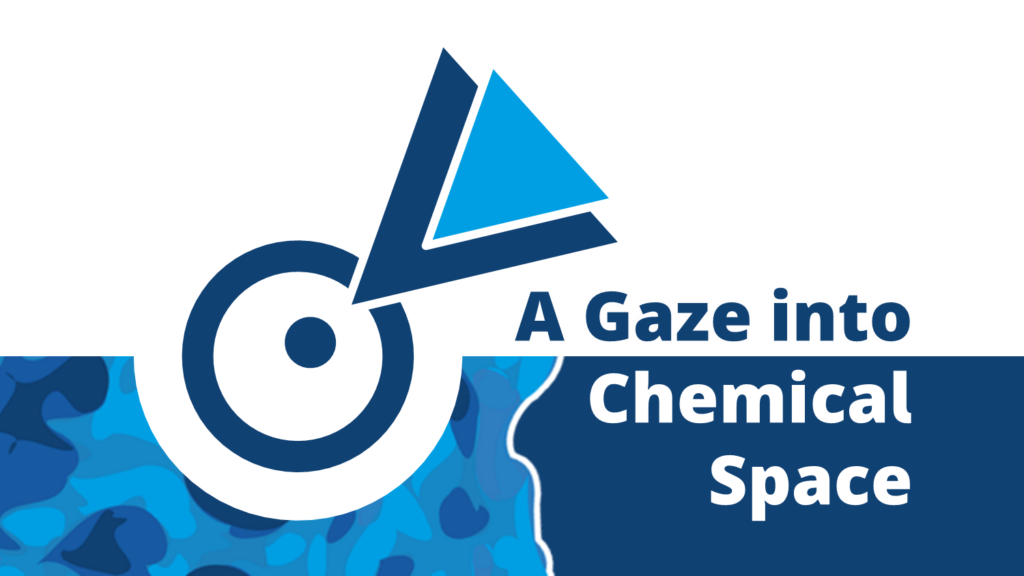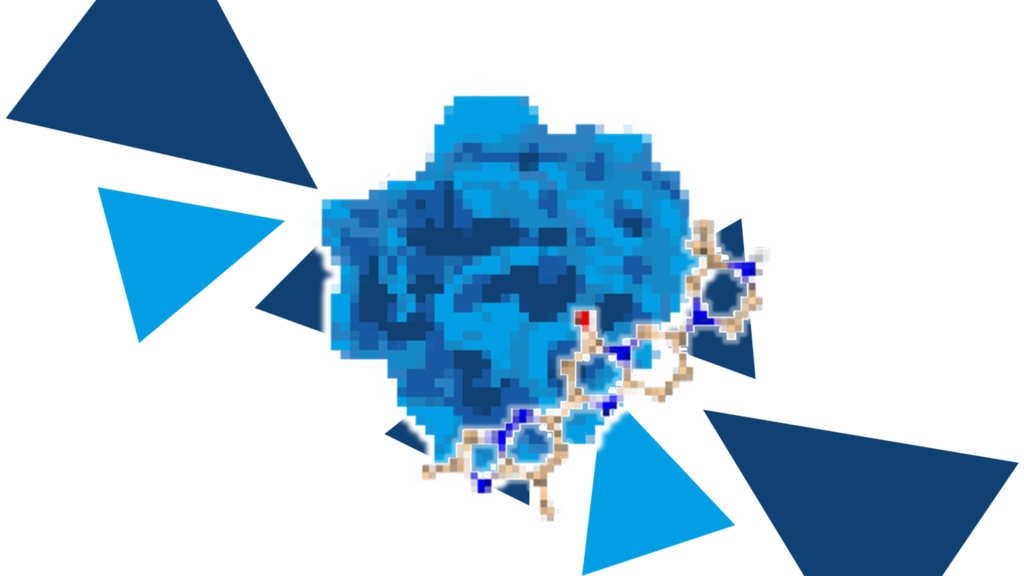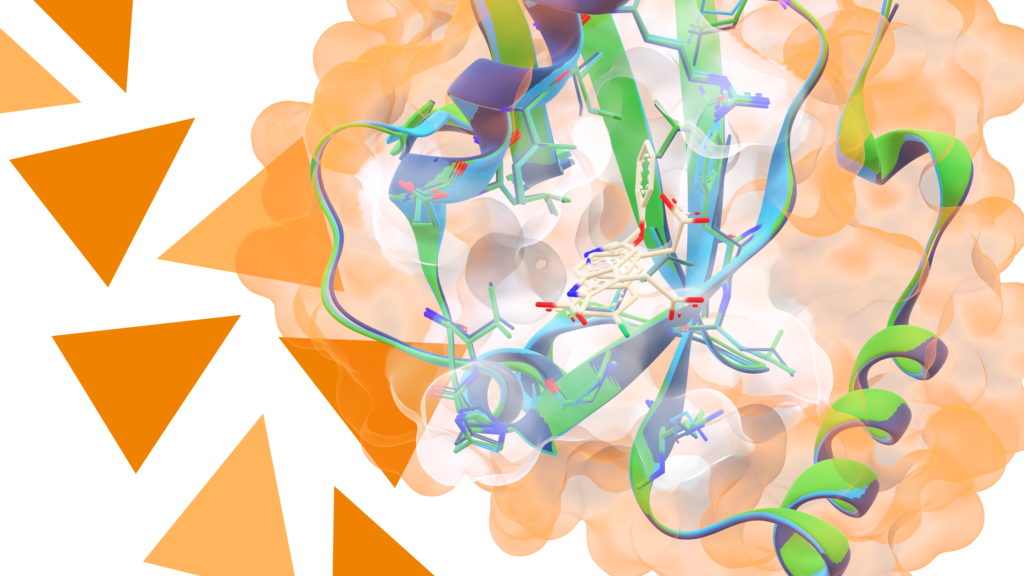σ-anion holes have gained a lot of recognition in the past 10 years, not least thanks to some halide-nucleophile interactions seeming to play an important role in the binding of a potential drug molecule to its target, increasing the binding affinity substantially.
While we cannot really explain the reason for this increased binding affinity, the pure existence of a σ-anion hole has been explained in great detail.
Being somewhat weaker than a typical hydrogen bond, the wide abundance of halide atoms in drugs gives the halide-nucleophile interaction increasingly more traction than 20 years ago.
In this BioSolveIT webinar, we will look at the σ-anion hole phenomenon in general, and will look at a few example complexes in SeeSAR. While this particular interaction is not part of the SeeSAR underlying HYDE scoring function (which calculates hydrogen bond energy and desolvation), the energetics of most of the example complexes seem to be clear, and analysis in SeeSAR is straightforward.






